How to Find a Trusted Electronics Recycler for E-Scrap
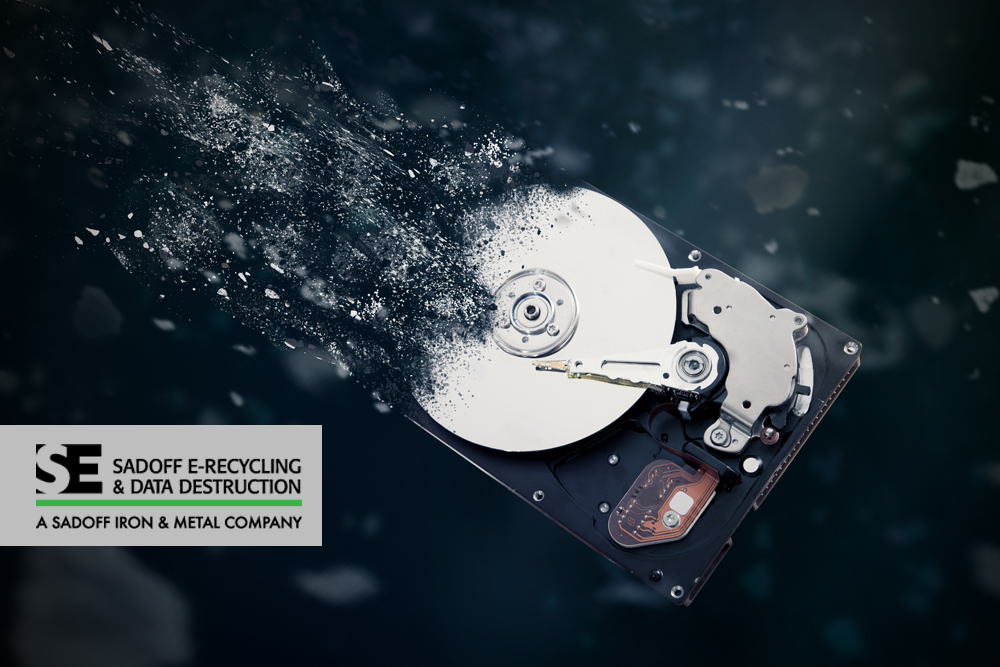 15
15 Feb
Over the last few years, the topic of e-recycling has grown in popularity. From people learning best practices for proper disposal in their homes to businesses looking to get rid of obsolete electronics to the media coverage surrounding improper disposal of electronics overseas, it’s a worldwide discussion.
With all the conversations, businesses and consumers, together, are reminded of the importance of proper e-recycling and often left wondering how to ensure their outdated electronics end up in the right spot.
There are a handful of respected and renowned third-party organizations in the e-recycling community. To learn about them, we spoke with Sadoff E-Recycling & Data Destruction’s Chief Technology Officer Chad Hayes to hear about the trusted groups that help standardize the industry and create best practices for sustainable recycling, data destruction, and more.
Prior to his role with Sadoff E-Recycling & Data Destruction, Hayes worked in the I.T. industry, making him an excellent subject matter expert on organizations that not only support environmental sustainability, but data destruction security as well.
National Association for Information Destruction (NAID)
The information and data saved on electronic devices are often personal or confidential whether it be employee information related to human resources, company strategies and trade secrets, or personal banking info and passwords.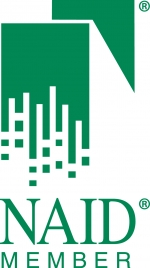
NAID exists to ensure that information is protected once an electronic device reaches the end of its life. E-recyclers who comply with NAID processes demonstrate their commitment to security and ethical standards for data destruction.
When it comes to data destruction, NAID promotes hard drive shredding as the most effective form. This is something that Sadoff E-Recycling & Data Destruction is a big advocate of as well—all storage devices and hard drives are shredded without question and never remarketed in order to keep confidential information from getting into the wrong hands.
Hayes shares that businesses should be aware that even if a hard drive is wiped clean, there is a slight chance that the data could be recovered, which is why Sadoff adheres to all NAID standards and processes.
Read about how we securely eliminate electronic data.
R2 Recycling
The Sustainable Electronics Recycling International Organization’s R2 certification program is one of the few e-recycling organizations endorsed by the EPA. The R2 Standard is one of the leading certifications in the electronics recycling industry designed to ensure the quality, transparency, and environmental and social responsibility of e-recyclers are upheld.
“This certification proves to businesses that an e-recycler has done the work, made the investment, and is doing what they promise when it comes to e-recycling and data destruction,” adds Hayes.
The process for an e-recycler to become certified is rigorous and requires annual maintenance and renewal to maintain certification. This is why businesses find peace of mind when working with an R2-certified recycler.
Learn about how responsible e-recycling protects the planet and your data.
ISO 14001 and OHSAS 18001
ISO 14001 is the international standard for businesses and recyclers to design environmental health and safety programs. It is a systematic approach to ensure each of a business’ locations are following the same set of standards and operating in the same manner.![]()
![]()
When you see the ISO 14001 seal, it means the company has implemented proactive initiatives and environmental management systems to protect the environment, including sustainable resource use.
In addition, OHSAS 18001 ensures that employee health and safety are always top-of-mind. The OHSAS 18001 seal means the company puts a priority on occupational health and safety through its policies, processes, plans, and practices.
Uncover nine facts that prove e-recycling’s human and environmental benefits.
More Than a Certification
At Sadoff E-Recycling & Data Destruction, the certifications we’ve garnered and the processes we follow are more than just standard practice: they’re a part of the way we train our employees and work every day.
“That’s something we pride ourselves on at Sadoff,” says Hayes. “It’s not part of a sales pitch. It’s something we live by and have designed our business around to ensure it is engrained in our daily work.”
When looking for an e-recycler or IT asset disposition (ITAD) services, do your homework by looking for trustworthy seals of certification. Hayes also recommends visiting the location to do a quick audit yourself, ask questions, and see how they go about daily business.
At the end of the day, it’s your company’s confidential or your personal information at stake, so it’s worth taking the extra time to make sure you trust the electronics recycling partner you select.
Ready to start responsibly e-recycling? Give us a call at (833) E-Recycl or message us online to inquire about the obsolete equipment that’s been sitting around or to tour one of our eight facilities in the Midwest.
Tags: certified electronics recycler, e-recycling, E-Recycling Regulations, e-scrap, Finding an E-recycler, IT Asset Destruction Certification, recycling IT equipmentCategorized in: E-Recycle, Electronics Recycling



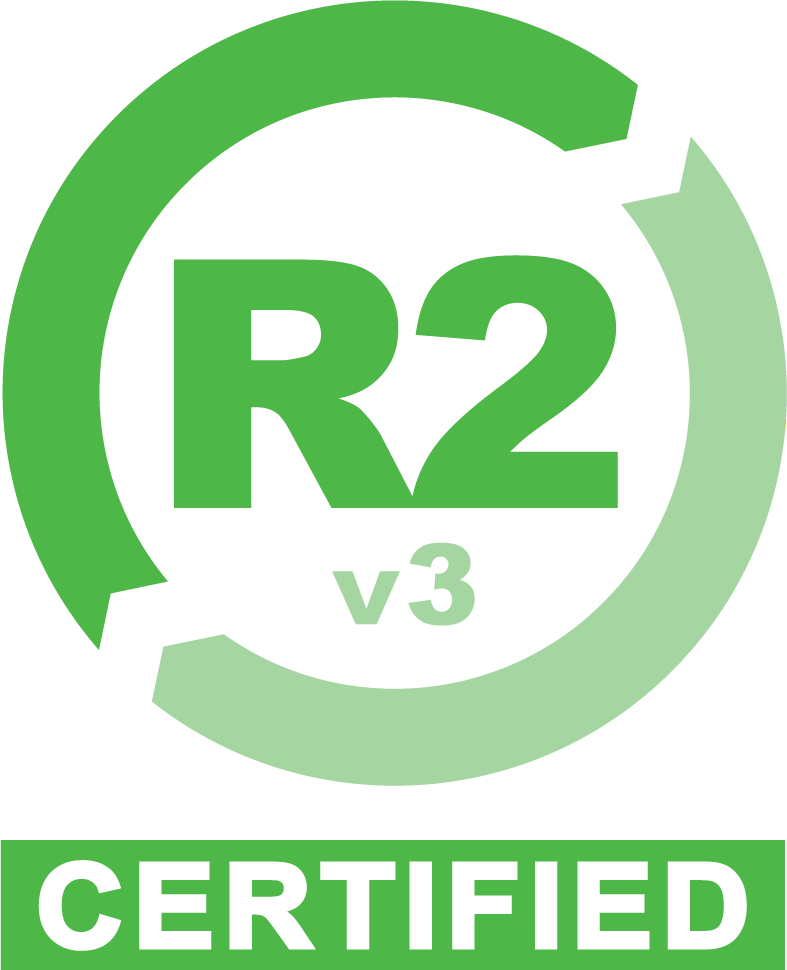
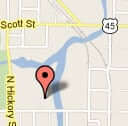 Google map directions
Google map directions
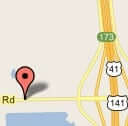 Google map directions
Google map directions
 Google map directions
Google map directions
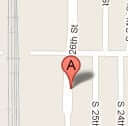 Google map directions
Google map directions
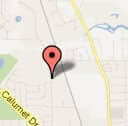 Google map directions
Google map directions
 Google map directions
Google map directions
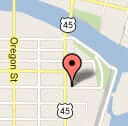 Google map directions
Google map directions